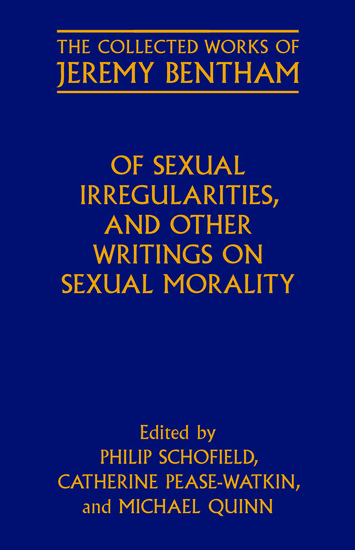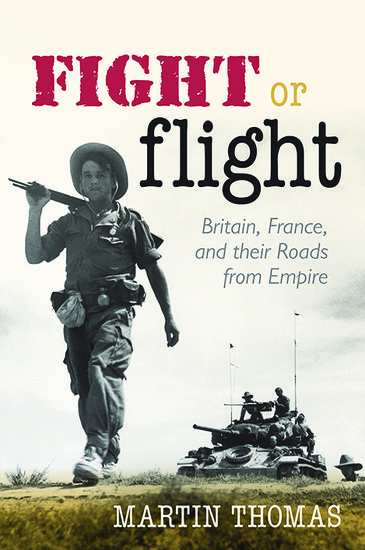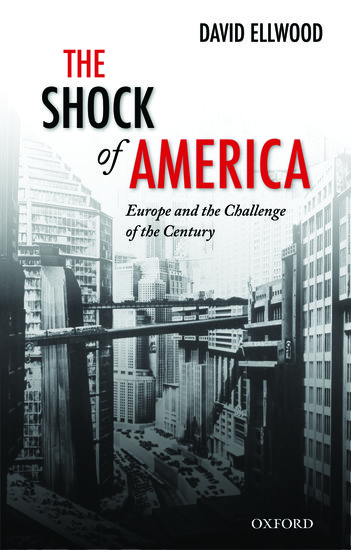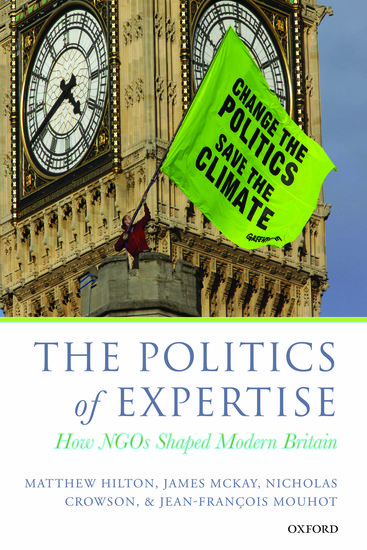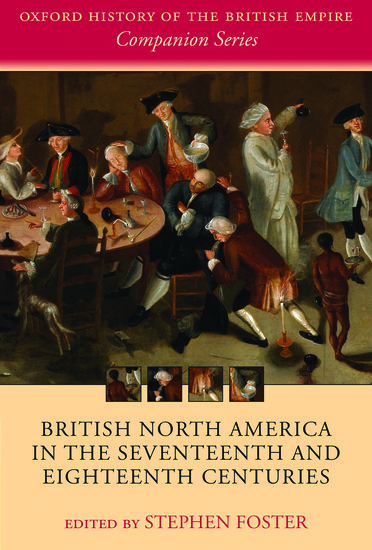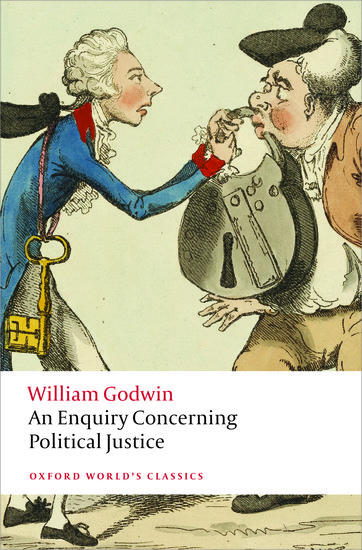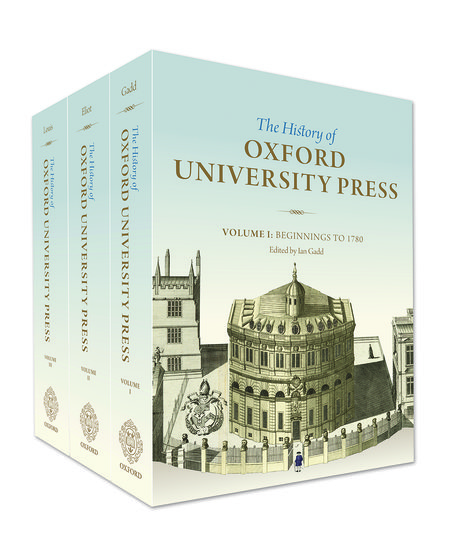Gloomy terrors or the most intense pleasure?
By Philip Schofield
In 1814, just two hundred years ago, the radical philosopher Jeremy Bentham (1748–1832) began to write on the subject of religion and sex, and thereby produced the first systematic defence of sexual liberty in the history of modern European thought.

